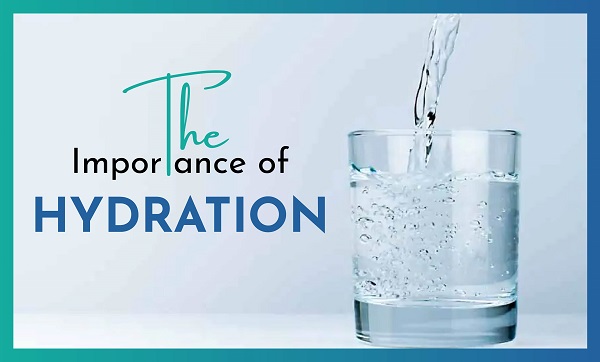FAQs on Hydration and Kidney Health:
Can drinking too much water harm my kidneys?
While staying hydrated is important, excessive water intake can lead to a condition called hyponatremia, where the sodium levels in your blood become dangerously low. It's best to drink water in moderation.
Are there signs of dehydration I should watch for?
Yes, common signs of dehydration include dark yellow urine, dry mouth, fatigue, dizziness, and infrequent urination. If you notice these symptoms, increase your water intake.
Does drinking water help with kidney disease?
For many individuals, proper hydration can help manage symptoms and slow the progression of kidney disease. However, patients with advanced kidney disease may need to restrict fluid intake. Always follow the guidance of a nephrologist like Dr. Vijay Patel.
What types of fluids are best for kidney health?
Water is the best choice for hydration. Other fluids like herbal teas, diluted fruit juices, and clear soups can also contribute to your daily fluid intake. It's best to avoid sugary drinks and those high in sodium.
How does climate affect my hydration needs?
Hot and humid climates increase fluid loss through sweat, so you may need to drink more water to stay hydrated. Dr. Vijay Patel recommends monitoring your urine color as a simple way to gauge your hydration level.


